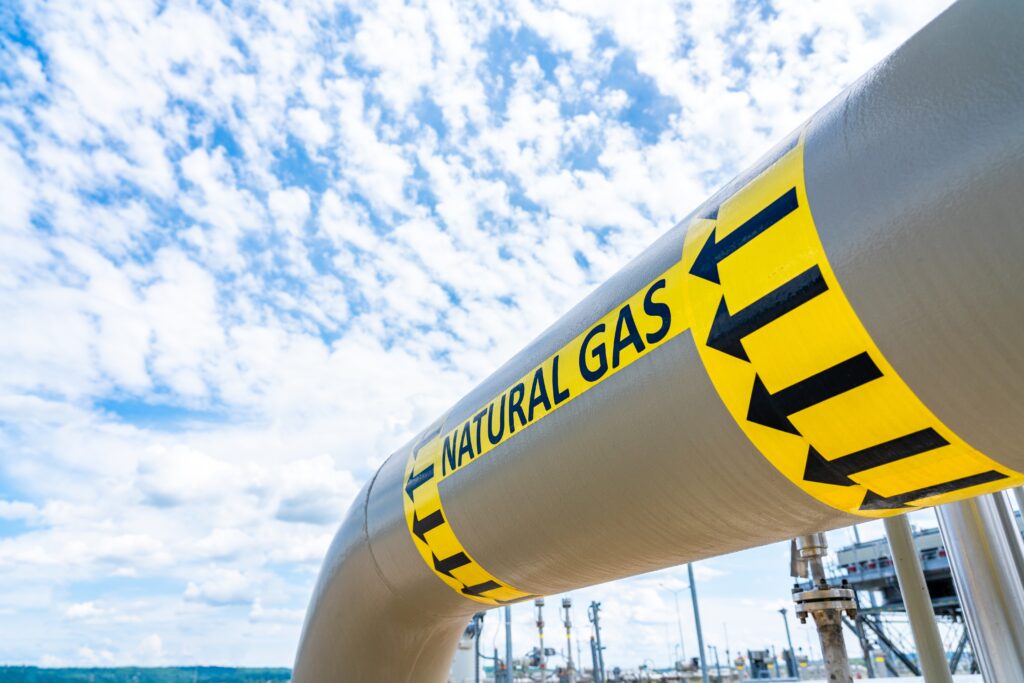Russian gas transit to the EU via Ukraine has stopped after a five-year deal expired. This marks the end of a decades-long arrangement. Most EU states remain unaffected, but countries like Moldova face serious energy shortages.
Ukrainian President Volodymyr Zelensky accused Russia of profiting from the war. Poland called the gas cut-off a “victory” against Moscow. Gazprom confirmed that exports via Ukraine ended at 08:00 local time on Wednesday.
Russia still supplies Hungary, Turkey, and Serbia through the TurkStream pipeline. Since 1991, Moscow had relied on Ukraine for gas transit to Europe. The immediate effects seem limited, but the strategic implications are significant.
Reduced Dependency on Russian Gas
The EU has slashed Russian gas imports, now below 10% of total supplies, compared to 40% in 2021. Eastern states like Slovakia and Austria still rely heavily on Russian gas but have diversified their sources. Austria reported no disruptions due to reserves and alternative supplies.
Slovakia, now the main entry point for Russian gas to the EU, faces rising costs. Prime Minister Robert Fico warned of “drastic” consequences for Europe. Gas prices for Slovak consumers are expected to rise in 2025. Fico also threatened to cut electricity exports to Ukraine, drawing criticism from Zelensky.
Poland, supporting Ukraine, has urged the use of alternative supply routes. Poland now imports gas from the US, Qatar, and the North Sea. Foreign Minister Radoslaw Sikorski stressed the need to avoid funding Russia through gas sales.
Moldova’s Energy Crisis and Regional Tensions
Moldova, heavily dependent on Russian gas, faces a deepening crisis. Gazprom restricted gas supplies, citing unpaid debts, which Moldova denies. The breakaway region of Transnistria has lost heat and hot water amid freezing temperatures. Moldova’s government has implemented energy-saving measures and declared a state of emergency.
President Maia Sandu accused Russia of using energy as a “political weapon” to destabilize her country. The EU continues replacing Russian gas with LNG from Qatar and the US, alongside Norwegian pipelines. In December, the European Commission outlined plans to fully replace gas transiting through Ukraine.
